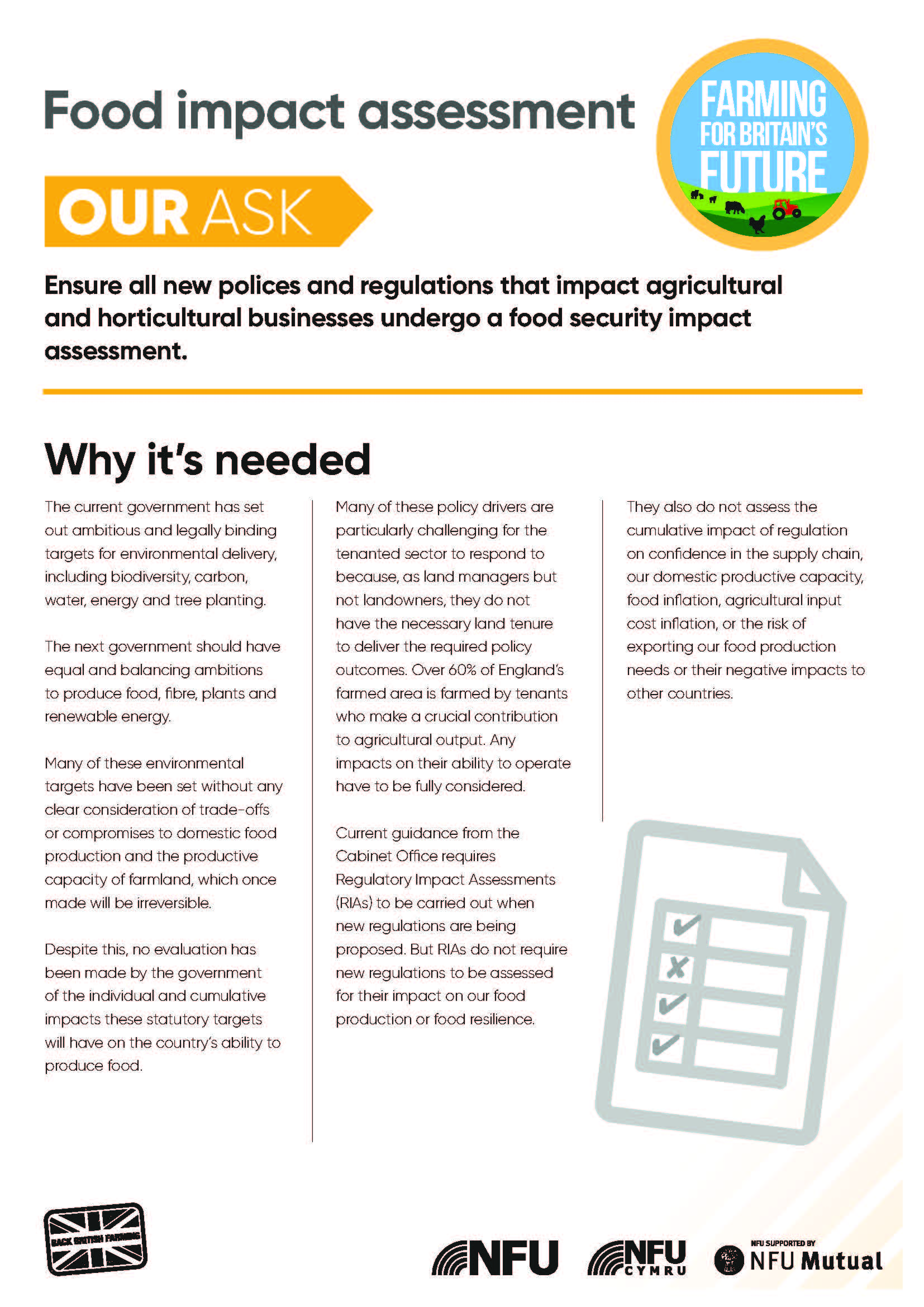The European Commission put forward its draft glyphosate regulation, to renew approval for 10 years, to the vote at an appeal committee. This was due to member states failing to reach an agreement when it was put to the vote in the SCOPAFF (Standing Committee on Plants, Animals, Food and Feed) held on 12-13 October.
As expected by many, the required majority of votes to adopt (or reject) the renewal proposal was not reached, mirroring the outcome at the Standing Committee.
Commission formally renews approval
Without the required majority votes, the European Commission itself was obliged to simply adopt the proposed renewal before 15 December 2023, when the current approval period expires.
The Commission has stated that it would – based on comprehensive safety assessments carried out by the EFSA (European Food Safety Authority), the ECHA (European Chemicals Agency), and regulatory experts in EU Member States – now proceed with the renewal of the approval of glyphosate for a period of 10 years, subject to certain new conditions and restrictions.
One of these is that pre-harvest use as a desiccant will no longer be allowed (but pre-harvest use for weed control is still permitted), and there is also the need for member states to individually consider certain mitigation measures, such as buffer strips to reduce the risk of drift.
“Britain’s farmers and growers will continue to use glyphosate as needed as long as it is safe and legal to do so to ensure environmental sustainability and a secure supply of high-quality affordable food.”
NFU Vice President David Exwood
On 29 November, the European Commission published the ‘Implementing Regulation’, renewing the approval of glyphosate for a period of 10 years, until 15 December 2033.
NFU Vice President David Exwood said: “Glyphosate has long been one of those essential products to control weeds before planting and is vital due to the popularity of a regenerative, no-till or minimum till approach – farm practices shown to be good for climate change mitigation, as well as decreasing soil erosion.
“The NFU has always lobbied for the regulation to be led by the science and evidence. In the EU, more than 11,000 pages of independent expert review of that evidence has concluded its safety and led to the Commission re-approving the use of glyphosate for the next 10 years.”
The EFSA assessment of the impact of glyphosate on the health of humans, animals and the environment did not identify any critical areas of concern. EFSA’s conclusions are based on the 11,000 page renewal assessment report, which reviews all the evidence and was completed by independent regulatory experts.
David added: “Britain’s farmers and growers will continue to use glyphosate as needed as long as it is safe and legal to do so to ensure environmental sustainability and a secure supply of high-quality affordable food.”
See our manifesto asks
Our manifesto
Our general election manifesto – Farming for Britain's Future – outlines our key asks of the next government to ensure farmers and growers can continue to deliver for the environment, economy and local communities while producing more of the great British food we all enjoy.


